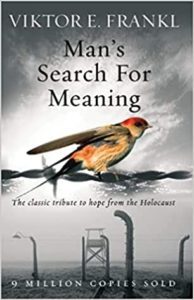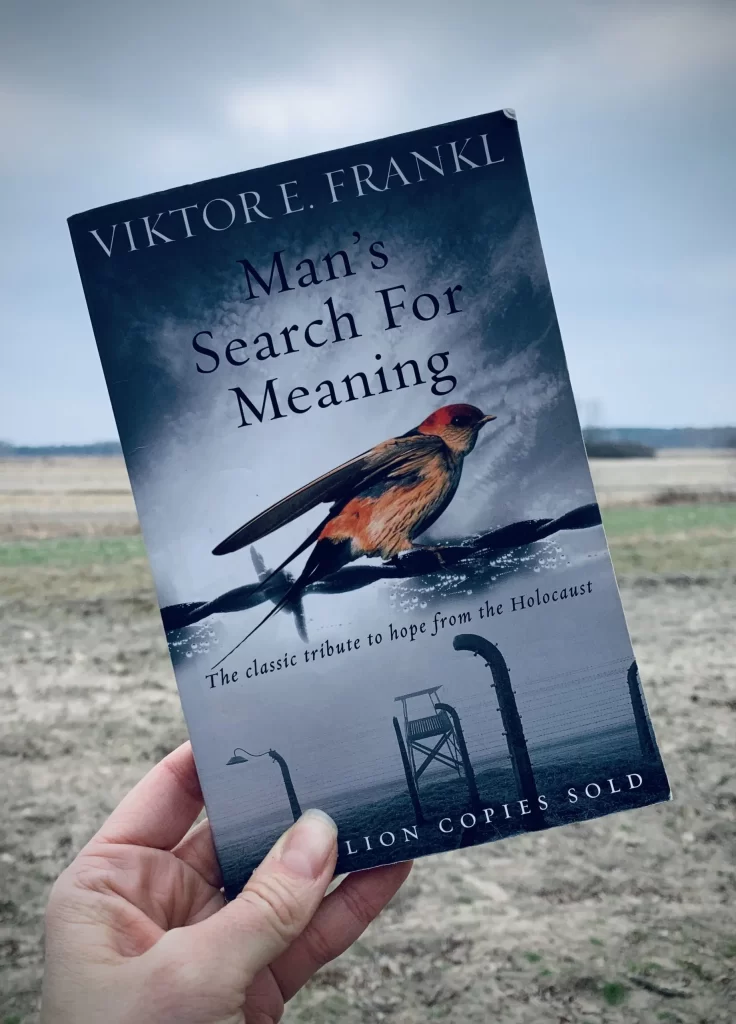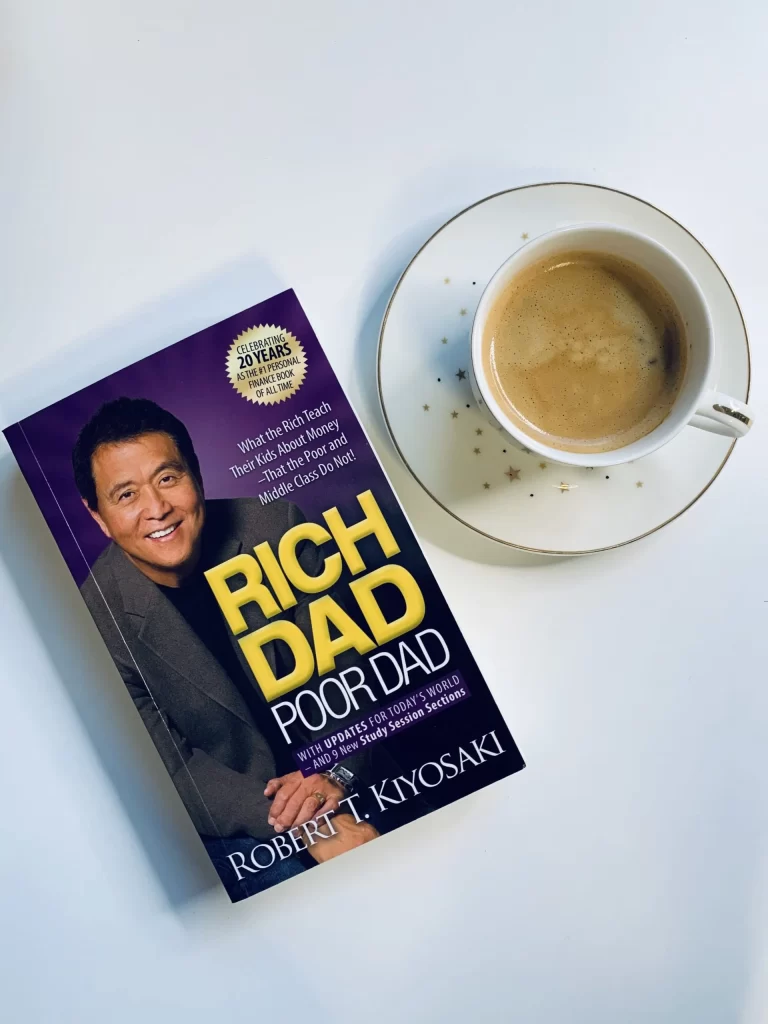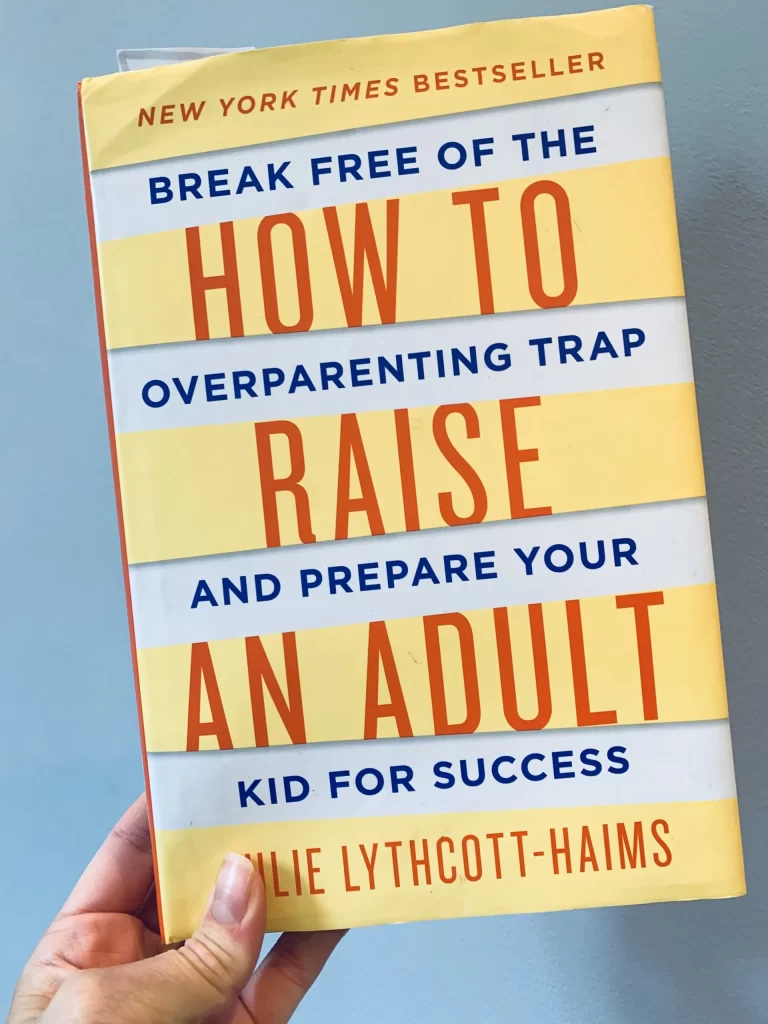 Man’s Search For Meaning – Book summary
Man’s Search For Meaning – Book summary
The classic tribute to hope from the Holocaust
Viktor E. Frankl
Rider; 1st edition (6 May 2004)
About the author
Viktor E. Frankl was a professor of neurology and psychiatry at the University of Vienna Medical School until his death in 1997. He was the founder of what has come to be called the Third Viennese School of Psychotherapy (after Freud’s psychoanalysis and Adler’s individual psychology)—the school of logotherapy. Born in 1905, Dr. Frankl received the degrees of Doctor of Medicine and Doctor of Philosophy from the University of Vienna. During World War II he spent three years at Auschwitz, Dachau and other concentration camps. Dr. Frankl first published in 1924 in the International Journal of Psychoanalysis and has since published twenty-six books, which have been translated into nineteen languages, including Japanese and Chinese. He was a visiting professor at Harvard, Duquesne, and Southern Methodist Universities. Honorary Degrees have been conferred upon him by Loyola University in Chicago, Edgecliff College, Rockford College, and Mount Mary College, as well as by universities in Brazil and Venezuela. He was a guest lecturer at universities throughout the world and made fifty-one lecture tours throughout the United States alone. He was President of the Austrian Medical Society of Psychotherapy.
About the book:
“This tale is not concentrated with great horrors, which has been already described often enough (though less often believed), but with the multitude of small torments. In other words, it will try to answer this question: How was everyday life in concentration camp reflected in the mind of the average prisoner?”
Viktor Frankl is one of the few people who survived the horrors of the holocaust. In 1942 together with his family, he was sent to the concentration camps, where his mother, father, and pregnant wife perished. In Man’s Search for Meaning not only does he describe his horrifying experience as a Nazi concentration camp prisoner, but also introduces his theory on the importance of meaning in one’s life – Logotherapy.
It is probably one of the most powerful books I have ever read, and I would definitely recommend it to everyone who is going through a life crisis.
There are plenty of lessons we can learn from Frankl, so let’s jump straight in.
Key insights:
Your attitude
“Everything can be taken from a man but one thing: the last of the human freedoms—to choose one’s attitude in any given set of circumstances, to choose one’s own way.”
Frankl went through the worst possible experience anyone could go through – he has lost his entire family and barely survived the horrors of the Nazi concentration camps during WWII. And he shares a very important idea – even though we cannot control what happens to us in life, we definitely can control what we feel and what we do about what happened to us (our attitude).
Hopefully, none of us will go through such a horrible experience as Frankl did, but we will certainly face difficult situations in life (e.g. loss of a job, death of a loved one, divorce, terminal illness, disability, maybe even war). What is important to remember – it is always YOUR call how to respond.
Own your attitude and choose your optimal response. And don’t let yourself slip into the victim mindset.
This idea is one of the cornerstones of Frankl’s philosophy, and many eminent teachers refer to it in their work.
For example, Mihaly Csikszentmihalyi writes in Flow (check out the notes):
“A person can make himself happy, or miserable, regardless of what is actually happening “outside,” just by changing the contents of consciousness. We all know individuals who can transform hopeless situations into challenges to be overcome, just through the force of their personalities. This ability to persevere despite obstacles and setbacks is the quality people most admire in others, and justly so; it is probably the most important trait not only for succeeding in life, but for enjoying it as well.”
Whatever happens in life, our attitude is always our choice.
Question for you – what is bothering you? How can you own your attitude?
That brings us to the next big idea.
Take responsibility
“It did not really matter what we expected from life, but rather what life expected from us. We needed to stop asking about the meaning of life, and instead to think of ourselves as those who were being questioned by life—daily and hourly. Our answer must consist, not in talk and meditation, but in right action and in right conduct. Life ultimately means taking the responsibility to find the right answer to its problems and to fulfill the tasks which it constantly sets for each individual.”
That is so powerful.
You can’t simply invent your purpose in life, you need to detect it. In a nutshell, to find the meaning of life, you need to take action. The true meaning is to be discovered in a world rather than within yourself.
No one but you can take responsibility for your life and for the decisions you take.
That also reminds of Nathaniel Branden’s ideas in his book The Six Pillars of Self-Esteem (check out the notes). We need to set goals in life and take full responsibility for attaining them to energise our existence:
“To live purposefully is to use our powers for the attainment of goals we have selected: the goal of studying, of raising a family, of earning a living, of starting a new business, of bringing a new product into the marketplace, of solving a scientific problem, of building a vacation home, of sustaining a happy romantic relationship. It is our goals that lead us forward, that call on the exercise of our faculties, that energize our existence.”
Frankl also shares another important idea – having the meaning of life matters, but what matters, even more, is the specific meaning of a person’s life at a given moment.
Question for you – what brings meaning to your life today? Getting a promotion at work? Starting the business? Writing a book? Or maybe simply watching your child’s smile?
You can fill every day with meaning, but you need to take responsibility for each of your decisions and take action.
Love is the ultimate goal
“For the first time in my life I saw the truth as it is set into song by so many poets, proclaimed as the final wisdom by so many thinkers. The truth – that Love is the ultimate and highest goal to which man can aspire. Then I grasped the meaning of the greatest secret that human poetry and human thought and belief have to impart: The salvation of man is through love and in love.”
That is so powerful. Love is the ultimate goal of our existence.
Frankl shares an important observation – in the worst possible conditions, people always think about their loved ones. He found meaning in his suffering by thinking about his wife, imagining her face up in the clouds and finding bliss in this moment of love.
At the same time, Frankl’s definition of love is quite different from most. To him, love is the act of recognising the potential in other people and helping them actualise it. For example, love is creating opportunities for your child or helping your friend to prepare for an important interview.
In a nutshell, when you are struggling with finding meaning in life, find someone you can elevate. Help others and aim to make someone else’s life better.
Fill your heart with love.
Meaning of suffering
“If there is a meaning in life at all, then there must be a meaning in suffering. Suffering is an ineradicable part of life, even as fate and death. Without suffering and death human life cannot be complete.”
Life is full of suffering. Suffering is unavoidable. But the way in which we accept our fate and all the suffering it entails gives us an opportunity to add a deeper meaning to our lives, and to strengthen our beliefs and values.
In a way, suffering stops to be suffering at the moment it finds meaning. Whatever setback you face in life, find a use for it. Again, we can always choose our attitude.
So if suffering is unavoidable in life, we must build resilience and the right mindset from early childhood. That’s why it’s important to let our children fail and suffer the consequences of the failure. As Martin Seligman highlights in his book The Optimistic Child (check out the notes) failures are crucial for developing mastery in life:
“In order for your child to experience mastery, it is necessary for him to fail, to feel bad, and to try again repeatedly until success occurs. None of these steps can be circumvented. Failure and feeling bad are necessary building blocks for ultimate success and feeling good.”
That’s the key to raising strong kids.
The Why
“A man who becomes conscious of the responsibility he bears toward a human being who affectionately waits for him, or to an unfinished work, will never be able to throw away his life. He knows the ‘why’ for his existence, and will be able to bear almost any ‘how.’”
That is one of the main ideas of the book.
What’s your WHY? What motivates your existence? What is your greater purpose in life?
Interestingly, over the last thirty years, the concept of purpose in life has been central in positive psychology. Years of research showed that having a life purpose is essential for our well-being.
In extreme circumstances, knowing your WHY can be the matter of life and death. During his time in the concentration camps, Frankl noticed that those prisoners who had something to live for (or had faith in the future) were the ones who survived:
“The prisoner who had lost faith in the future – his future – was doomed. With his loss of belief in the future he also lost his spiritual hold; he let himself decline and become subject to mental and physical decay.”
What is interesting, National Geographic’s journalist Dan Buettner highlights that having a purpose in life is one of the keys to having a longer and healthier life. In his book The Blue Zones (check out the notes), he writes:
“Dr. Robert Butler and collaborators led an NIH-funded study that looked at the correlation between having a sense of purpose and longevity. His 11-year study followed highly functioning people between the ages of 65 and 92 and found that individuals who expressed a clear goal in life – something to get up for in the morning, something that made a difference – lived longer and were sharper than those who did not.”
From the parenting perspective, it is our responsibility to help our children develop a sense of purpose in life as early as possible. As William Damon writes in his great book The Path to Purpose (check out the notes):
“I am entirely confident in asserting that the urgent project for parents today, in this world of increasing economic, cultural, and social uncertainty, is to help their children gain a wholesome sense of direction that will carry them through the minefields of drift, confusion, apathy, anxiety, fear, and self-absorption that threaten their generation. I am also convinced that the key to this sense of direction is finding a life purpose. While a parent cannot simply give a purpose to a child, and indeed any too forceful or controlling effort to do so is likely to have adverse repercussions, nonetheless there is much that a parent can do.”
That leads us to the next idea.
Mission in life
“Everyone has his own specific vocation or mission in life to carry out a concrete assignment which demands fulfilment. Therein he cannot be replaced, nor can his life be repeated. Thus, everyone’s task is as unique as is his specific opportunity to implement it.”
Each of us has a unique mission in life. And this mission will keep the fire of life burning in you even during the darkest times.
Have a think – what is a task that you and only you can complete? What is the unique gift you can give to this world?
Write it down and live it.
Action steps for you:
- Have a think about how you can live a more meaningful life? Reflect on three domains – work, love and suffering. Write down a plan of action for bringing more meaning to your life.
- In situations that you can’t change, think about how you can shift your attitude.
- Use a science proved coping strategy described by Sonja Lyubomirsky in The How of Happiness to go through a traumatic experience. Three key steps here: firstly, “acknowledge that your loss or trauma has caused you a great deal of pain and suffering. Then, consider what have you done during your loss or in response to it that you are proud of.” The next step is to think about how much you have grown as a result of your loss. And finally, think about how the trauma/loss has positively affected your relationship with your close people.
Quotes from the book:









